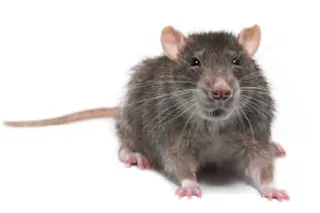Shoaling perch. Image courtesy of Bent Christensen. “Must be something in the water” isn’t just a line from the opening minutes of a horror movie. New evidence confirms fears that animals’ behavior can be altered by medication inadvertently introduced into their habitats via our sewage systems. In a study published today Swedish researchers report that fish given Oxazepam, an anxiety-moderating drug for humans, became less social and more aggressive. Researchers administered the drug to wild perch in the lab in amounts equivalent to levels found in local rivers and streams. The dosed fish showed a number of behavioral changes, notably in their willingness to leave familiar and “safe” surroundings in favor of exposed, potentially dangerous areas. The fish treated with the drug also distanced themselves from other perch. These antisocial fish ate faster than normal, which, in the wild, could disrupt the established food chain. Accumulated concentrations of the drug ...
Anti-Anxiety Drug in Water System Changes Fish Behavior
Discover how Oxazepam behavioral changes in fish reveal the alarming effects of medication in our water systems. Learn more!
More on Discover
Stay Curious
SubscribeTo The Magazine
Save up to 40% off the cover price when you subscribe to Discover magazine.
Subscribe







